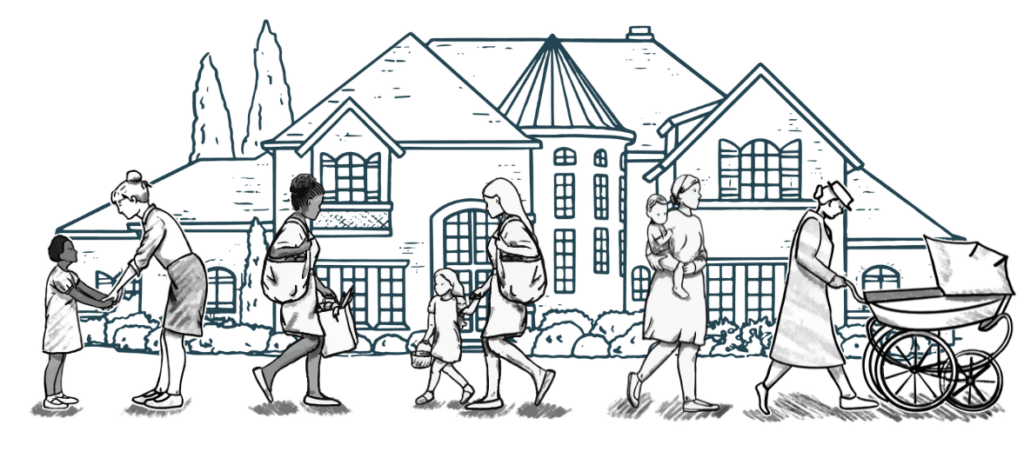Throughout our lifetime, we have grown up hearing tales of amazing women which are often intertwined with resilience and a rock-solid commitment to fairness in society. Their mark resonates everywhere. From the highest echelons of government to the simplest of households, radically transforming our world in ways that truly count. Assuming their legacy, it’s crucial that we embody their valor, broadcast their narratives without distortion, and relentlessly champion for a tomorrow where dignity is a universal right, and every soul has the liberty to prosper. Their journeys, from enduring hardship to sparking change, serve as a shining light of hope and motivation for all those bold enough to envision a world that’s fairer and more inclusive.
Mary Ellen Pleasant – Often referred to as the “Mother of Civil Rights in California,” Pleasant used her wealth and influence to support the abolitionist movement and the Underground Railroad, assisting escaped slaves and employing many as domestic workers and nannies, providing them with respectable employment.
Dorothy Lee Bolden – Founder of the National Domestic Workers Union of America in the 1960s, Bolden organized thousands of domestic workers to fight for better wages, working conditions, and respect for their work.
Ai-jen Poo – A contemporary figure, Poo is the Director of the National Domestic Workers Alliance. She has been a powerful advocate for the rights of domestic workers, including nannies and caretakers, across the United States.
Josephine Baker – Although more widely known for her entertainment career, Baker was also a civil rights activist and humanitarian. She adopted 12 children from around the world, providing care and a loving home, showcasing her commitment to children’s welfare and education.
Euphemia Lofton Haynes – The first African-American woman to earn a Ph.D. in mathematics, Haynes advocated for better education for children and was deeply involved in the Catholic Church’s social services, which included childcare and support for working mothers.
Miriam Makeba – South African singer and civil rights activist, Makeba used her platform to address issues affecting women and children in South Africa and globally, advocating for their rights and well-being.
Wilma Mankiller – The first female Principal Chief of the Cherokee Nation, Mankiller’s leadership focused on health and education improvements for her people, including better childcare and family support services.
Patsy Mink – The first woman of color and the first Asian-American woman elected to the U.S. Congress, Mink was instrumental in passing Title IX, a significant law that has had a profound impact on education and sports for girls, which contributes to their overall empowerment and well-being.
Juliette Gordon Low – Founder of the Girl Scouts in the USA, Low created an organization that has long supported the development of girls in various aspects of life, including leadership, community service, and personal care.
Zora Neale Hurston – While primarily known for her contributions to literature, Hurston’s work also offers insights into the lives and struggles of African-American women, including those working in domestic roles.
In the panorama of domestic labor and social justice, these trailblazers have audaciously chiseled their niches and charted paths for others to traverse. These powerhouses are not just characters in history books but architects shaping societal landscapes; scrubbing floors or advocating equality, they’ve indelibly imprinted their legacies on future generations’ dreams. Their contributions still echo through time – let’s honor them by carrying forward the baton they’ve passed down to us.

